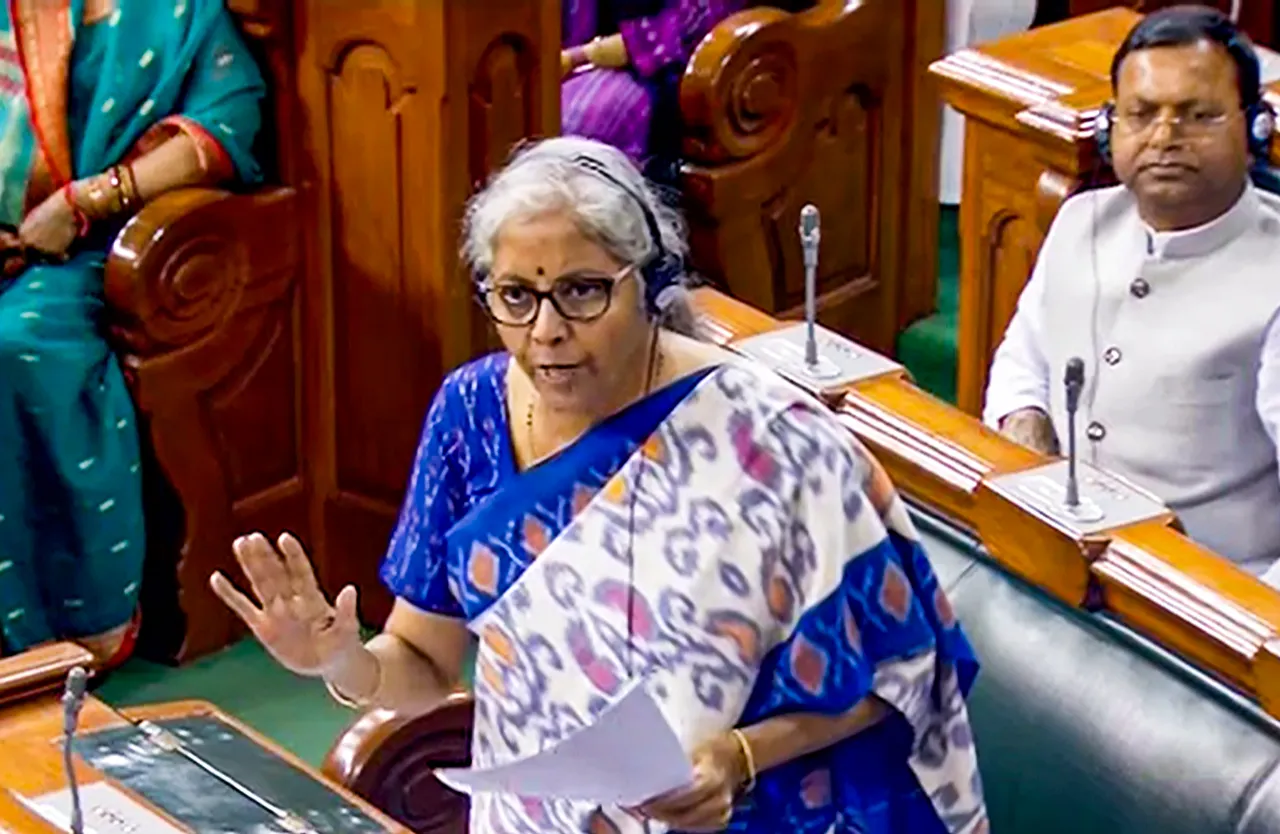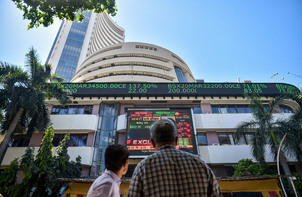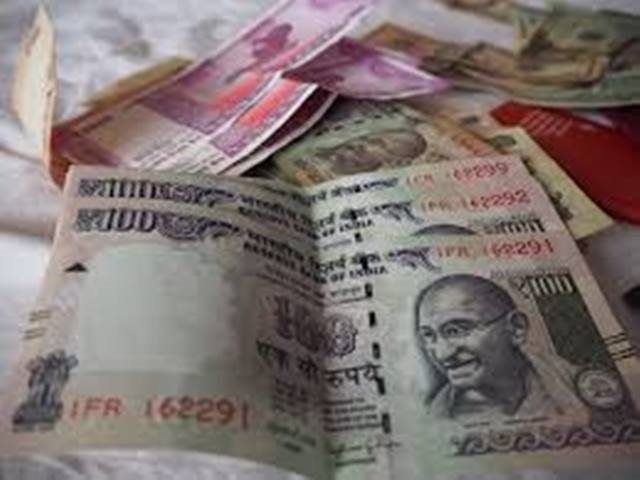New Delhi: The Supreme Court on Wednesday told the Centre that there is no need for making arrests in all Goods and Services Tax (GST) cases and that it can be done only if there is credible evidence and tangible material to prove culpability.
A bench of Justices Sanjiv Khanna, MM Sundresh and Bela M Trivedi, which reserved its verdict on a batch of pleas challenging the constitutional validity and interpretation of provisions relating to the Customs Act and Goods and Services Tax Act, said the power of arrest is different from necessity of arrest.
“The legislation does not say that for completion of investigation you need to be arrested. It is not the object of the legislation. It is not necessary for you to arrest in each and every case of GST. It has to be based on some credible evidence and tangible material,” the bench told Additional Solicitor General SV Raju.
The bench, which posed several questions to Raju on provisions of arrest under the GST law, said the legislation has itself kept liberty on a high pedestal and it should not be diluted.
Raju said arrests are mostly made during the investigation as there can be no arrest after the probe in a case has been completed.
“The arrest is not based on mere suspicion but when there are reasons to believe indicating commission of some grave offence,” he said, adding that reasons to believe cannot be on strict interpretation of commission of offence.
“Adjudication must precede arrest,” the bench said, adding that it will examine the question of “reason to believe” and “grounds of arrest” under the Customs Act and the GST Act.
The top court said while there were instances of high-handedness by the GST authorities, there were also cases of wrong-doing on the part of tax payers, and it will take into account all these aspects when giving its decision.
The petitioners who have challenged various provisions of the Customs Act and the GST Act have alleged gross misuse of arrest provisions under both the laws. They have caimed they are being threatened and coerced to pay liability without following the due procedure under the laws.
Section 69 of the GST Act deals with the powers of arrest, while section 104 of the Customs Act of 1962 allows an officer to arrest someone if they have reason to believe the person has committed an offence.
On May 9, the top court had told the Centre that any arrest under the GST Act should not be on mere suspicion but based on cogent material and in adherence to proper procedure.
It had said the material upon which an arrest is made should be verifiable by a magistrate.
The court had earlier directed the Centre to not use “threat and coercion” during search and seizure operations against traders for recovery of GST and instead persuade them to clear the dues voluntarily.
On May 2, the top court had asked the Centre to furnish details about the issuance of notices and arrests effected under the provisions of the GST Act, saying it may interpret the law and lay down appropriate guidelines to avoid harassment of citizens by depriving them of their liberty.
It voiced concern over the “ambiguity” in section 69 of the GST Act that deals with the powers of arrest.
The top court had said it would interpret the law to “strengthen” the concept of liberty




